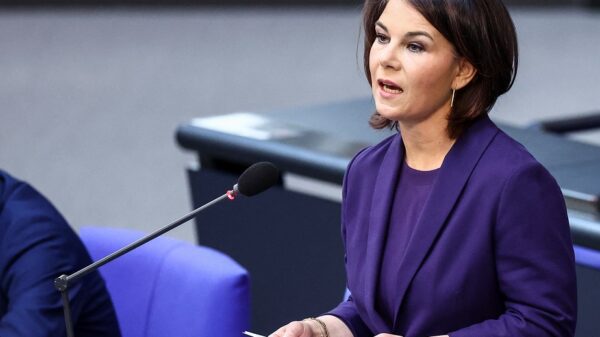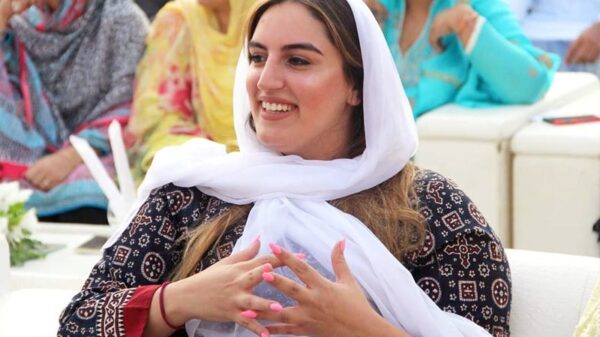Supreme Court Rejects ECP’s Request for Clarification, Orders Immediate Implementation of Reserved Seats Verdict
On Saturday, the Supreme Court rebuked the Election Commission of Pakistan’s (ECP) request for clarification on its ruling regarding reserved seats, describing the request as “misconceived.” The Court directed the immediate implementation of its original verdict.
The Supreme Court’s decision on July 12 had declared that the opposition party PTI was entitled to reserved seats for women and non-Muslims in both national and provincial assemblies. This ruling was a significant setback for Prime Minister Shehbaz Sharif’s ruling coalition and had the potential to make PTI the largest party in both houses of Parliament.
The Court’s decision also recognized PTI as a parliamentary party. It noted that out of 80 MNAs listed by the ECP as PTI candidates, 39 were indeed PTI members. The remaining 41 independents were required to submit notarized statements within 15 days confirming their affiliation with a political party.
Following the verdict, the ECP decided to implement the Court’s ruling but raised concerns about verifying the PTI’s leadership and candidate certifications due to internal disputes and unrecognized elections. The ECP sought further guidance from the Court, questioning how to handle these certifications.
In its written order, the Supreme Court dismissed the ECP’s request as a deliberate attempt to delay and obstruct the implementation of the decision. The Court stated that the ECP’s actions were “misconceived” and amounted to delaying tactics. It emphasized that the PTI’s leadership, as identified by the ECP, could not be questioned after the Court had already recognized Barrister Gohar Ali Khan as PTI’s chairman.
The Court also reiterated that the PTI’s certifications were valid, and the ECP’s continued refusal to accept them was unconstitutional and legally incorrect. It ordered the ECP to fulfill its duty to implement the Court’s verdict immediately.
The Supreme Court’s order comes amidst ongoing legislative changes and political maneuvering, including a proposed “Constitutional Package” aimed at fixing the tenure of the Chief Justice of Pakistan and addressing other constitutional issues. The package is expected to be introduced in Parliament soon, although the government is still securing the necessary votes.
Legal experts anticipate that the conflict over the reserved seats and the ongoing political and legal battles could reshape the balance of power between the legislature, executive, and judiciary.










